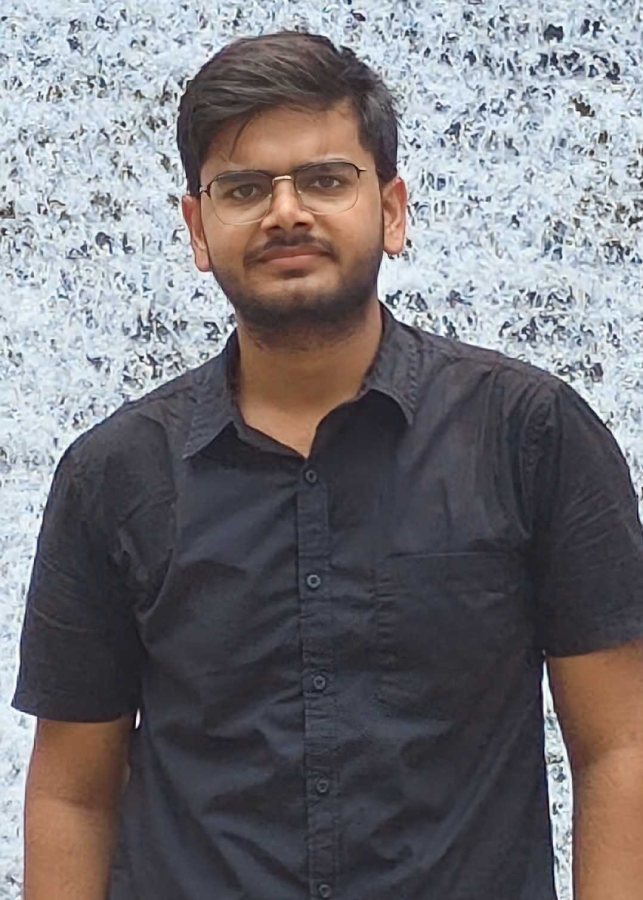Anurag, an Indian Institute of Technology Delhi chemical engineering undergraduate student affiliated with Marzia Cescon's lab and multidisciplinary research group, has been awarded the Diabetes Technology Society's Bronze Student Research Award for his work investigating the application of predictive digital twins in diabetes management.
His winning abstract, "Predictive Digital Twin (DT) of Type 1 Diabetes (T1D) Using Physiology-Informed Liquid Time Constant (LTC) Neural Networks in Presence of Exercise", will be presented at the 2024 Diabetes Technology Meeting poster session alongside other winning entries in California next month.
Anurag was "genuinely thrilled and honored" to learn that his abstract had been selected for this award and looks forward to engaging with other researchers and experts in the field this October.
"It was a moment of validation for the hard work and dedication that went into the project. Being recognized among so many talented researchers was incredibly motivating and made me even more passionate about continuing my work in this field."
The awarded project aims to use advanced machine learning techniques to model "the complex physiological processes involved in diabetes, particularly in response to exercise."
"The LTC neural networks are designed to capture the temporal dynamics of glucose levels in the body, providing real-time predictions and personalized insights. This model could significantly improve the management of T1D by predicting how different factors, like exercise, impact blood glucose levels, and integrate with the MPC controller," explained Anurag.
"Diabetes research fascinates me because of its direct impact on people's lives," he continued. "The complexity of managing Type 1 Diabetes, especially with variables like exercise, diet, insulin, and others, poses significant challenges. Developing models that can help predict and manage these factors has the potential to drastically improve quality of life for patients. The integration of technology and physiology in diabetes management presents an exciting intersection of my interests in machine learning, healthcare, and human physiology."
He described his internship with Cescon, which facilitated the project, as "incredibly enriching".
"I was involved in cutting-edge research that combined machine learning with physiological modeling, specifically in the context of diabetes. Dr. Cescon's guidance was invaluable, and I gained hands-on experience in developing and testing models that could predict glucose levels. She is always very humble and helpful, whatever the case may be – be it related to the project or college administration."
Anurag further highlighted the ways that this project has shaped his academic journey and research interests.
"Working on the Predictive Digital Twin has solidified my passion for combining machine learning with healthcare applications. My time at the University of Houston, especially under the mentorship of Dr. Cescon, has been pivotal in developing my skills and knowledge. I'm excited about the future of this research and the potential it has to contribute to better management strategies for Type 1 Diabetes."
